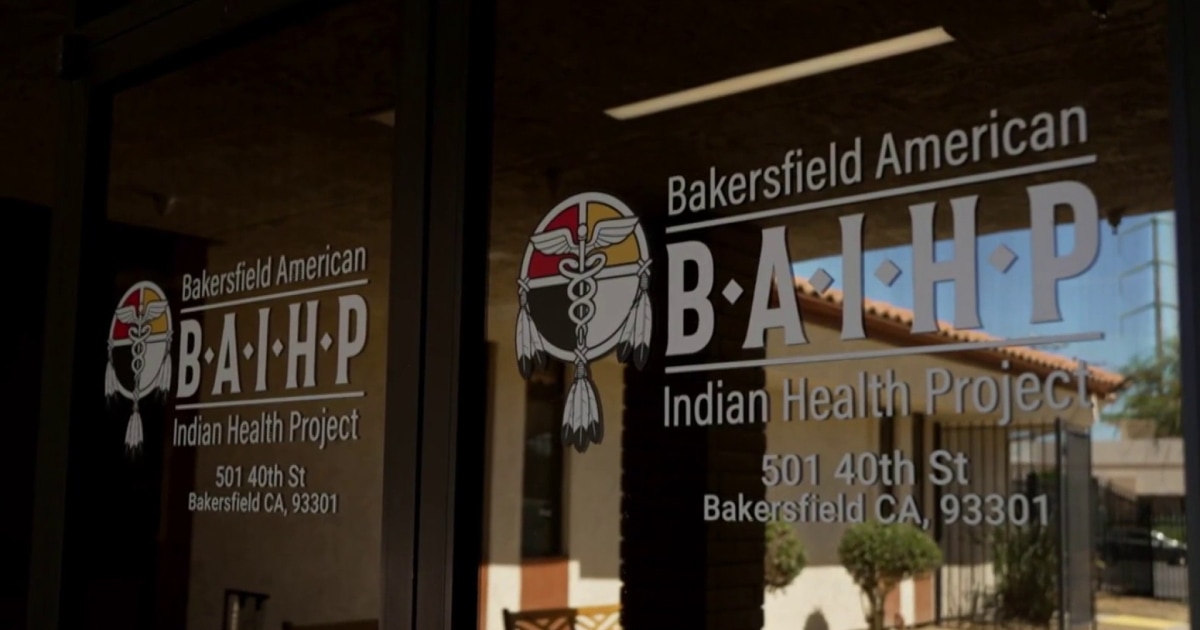California Residents Anxious Over Potential Healthcare Cuts as Trump-Era Policies Resurface

Residents in California’s Central Valley are voicing deep concerns about potential disruptions to their healthcare coverage, particularly Medi-Cal, amid discussions surrounding the possible reinstatement of policies enacted during the Trump administration. The specter of reduced services and potential loss of insurance is casting a shadow over communities already grappling with economic challenges.
The anxieties stem from the legacy of the “Big, Beautiful Bill,” a term often used to describe policies aimed at reforming healthcare. While the specifics of what might be revived remain under debate, the potential impact on Medi-Cal, California's Medicaid program, is a primary source of worry. Medi-Cal provides vital healthcare access to millions of low-income Californians, and any cuts could have devastating consequences.
NBC News’ Melanie Zanona recently visited the Central Valley, speaking directly with patients who fear losing access to essential medical care. Their stories paint a stark picture of the potential human cost of these policy shifts. Many rely on Medi-Cal for everything from routine check-ups and preventative care to critical treatments for chronic conditions. The prospect of losing this safety net is incredibly stressful and could lead to delayed care, worsening health outcomes, and increased financial burdens.
“I don’t know what I’ll do if I lose my Medi-Cal,” shared Maria Rodriguez, a resident of Fresno who relies on the program for diabetes management. “Without it, I can’t afford my medication or doctor’s visits. My health would really suffer.” Her story is echoed by countless others in the region, highlighting the program’s crucial role in their lives.
The potential cuts are not simply a matter of individual hardship; they also have broader implications for public health and the economy. Reduced access to healthcare can lead to increased rates of preventable illnesses, higher emergency room visits, and a less productive workforce. Furthermore, healthcare providers in the Central Valley, many of whom serve a disproportionate number of Medi-Cal patients, could face financial strain.
Experts warn that the conversation around these policies is complex and requires careful consideration. While some argue that reforms are necessary to control healthcare costs, others emphasize the importance of protecting vulnerable populations and ensuring access to quality care. The debate is likely to continue as policymakers grapple with the challenges of balancing fiscal responsibility and social welfare.
The situation in California serves as a microcosm of a nationwide conversation about the future of healthcare. As policies evolve and political landscapes shift, the impact on everyday Americans – particularly those who rely on programs like Medi-Cal – remains a central concern. The coming months will be crucial in determining the fate of these vital healthcare services and the well-being of millions of Californians.






